Leading professional services firm, PwC Nigeria has again hosted its annual Capability Enhancement Workshop for journalists.
The half-day workshop which held virtually in line with COVID-19 protocols around large gatherings, had participants from traditional broadcast, print and new media platforms. It featured insightful presentations on various topics by subject matter specialists with the aim of building the capacity of journalists and enhancing their ability to execute their duties effectively while positioning themselves to take advantage of future opportunities.
The annual workshop, which is now in its seventh year, is a key component of PwC’s Corporate Responsibility strategy. It was instituted in recognition of the very important role of the media in society and in particular, the role that the media in Nigeria has and continues to play in informing and educating the public.
“Our support for the media through this workshop and the media excellence award is in line with our purpose which is to build trust in society and solve important problems. It is a demonstration of our strong belief that for the Nigerian people to enjoy good governance, the media must perform its role optimally and professionally and this is reflected in the quality of reporting, in the capacity of individual journalists to carry out research and investigations, in the independence of editorial judgments, and in their ability to use technology as an enabler. As a firm, we have been supporting various stakeholders in their responses to the COVID-19 pandemic and this is one of such interventions,” said Taiwo Oyedele, Fiscal policy Partner and West Africa Tax Leader at PwC in his opening remarks at the session.
This year, the topics discussed at the workshop were determined by the participants who made their pick from a pool at the point of registration.
The topics include “Economic sustainability: Tracking and reporting the metrics that matter” facilitated by Dr. Andrew S. Nevin, Partner and Chief Economist, PwC Nigeria. The session observed with examples, the issues with merely regurgitating data and statistics without providing sufficient context or insights, which readers often find to be of little use. He pointed participants to track key metrics such as the Sustainable Development Goals (SDGs), and other policy pronouncements of governments which they can use to benchmark their analysis of NBS statistics and enrich their general reporting on the economy.
Editor-in-Chief at Stears Business, Tokunbo Afikuyomi, facilitated a session on “Journalism and the new normal: challenges and opportunities” during which he shared the impact of the COVID-19 pandemic on news consumption patterns and what this means for the fortunes of journalists and their media houses. He noted that in times of uncertainty, trustworthy reporting becomes even more important than the speed to break the news. He noted that with the shift to digital platforms by consumers, reporters must balance the rush to be the first to publish with providing factual information written from a unique angle that adds value to the readers. He emphasised the need for clarity of thoughts and clarity of expression for excellent reporting.
The third session titled “CAMA 2020, Nigeria’s competitiveness and ease of doing business” was led by Taiwo Oyedele who provided an overview of the new law which he noted is the most important business regulation in Nigeria especially as it has significant impact on doing business, competitiveness, attracting investments, and economic growth. He observed the controversies it has generated before providing analysis of the key provisions and changes introduced by the new law compared to the old version that had been in operation since 1990. Going forward, Taiwo stated the need to Gazette the law with a future commencement date to facilitate ease of transition while emphasizing the importance of effective implementation. He noted the need to harmonise CAMA with other laws such as the Companies Income Tax Act which still requires audited accounts by all companies regardless of size. In addition, more flexibility is required for foreign companies who wish to operate business in Nigeria such that a branch registration should be permitted while incorporating a subsidiary will be optional. It is also necessary to ensure that the new law is kept under constant review with more frequent amendments or re-enactment say every five years.
Participants were able to engage the speakers on their topics and related issues in an open interactive session during which the facilitators fielded questions from the journalists.
The capacity enhancement workshop precedes the award gala-nite for the announcement of winners of this year’s PwC Media Excellence Awards, which is scheduled to hold virtually on Friday 2 October 2020.
About PwC
At PwC, our purpose is to build trust in society and solve important problems. We’re a network of firms in 157 countries with more than 270,000 people who are committed to delivering quality in assurance, advisory and tax services. Find out more and tell us what matters to you by visiting us at www.pwc.com
PwC refers to the PwC network and/or one or more of its member firms, each of which is a separate legal entity. Please see www.pwc.com/structure for further details.
©2020 PricewaterhouseCoopers. All rights reserved.

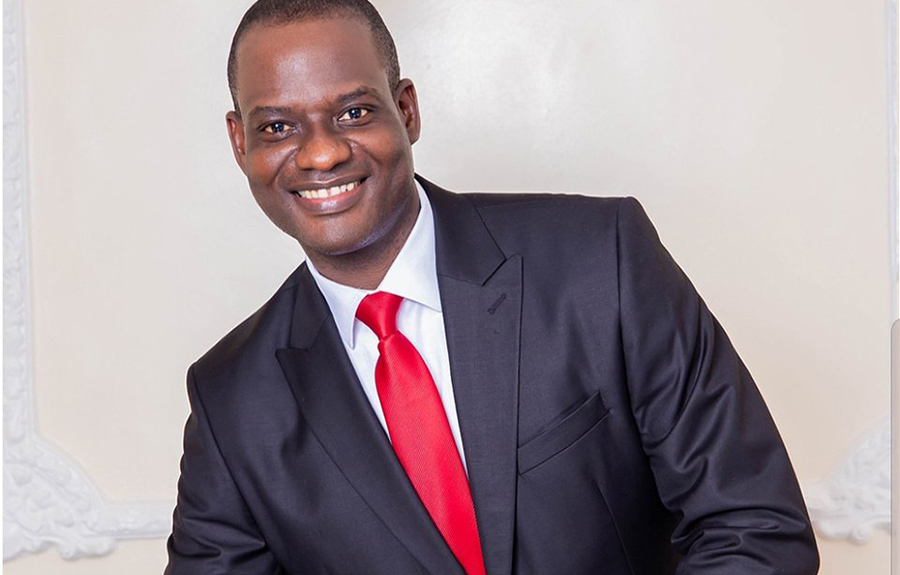






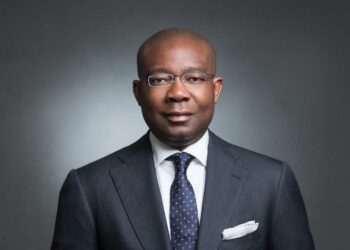

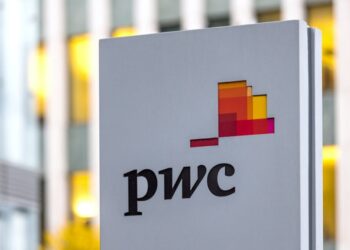

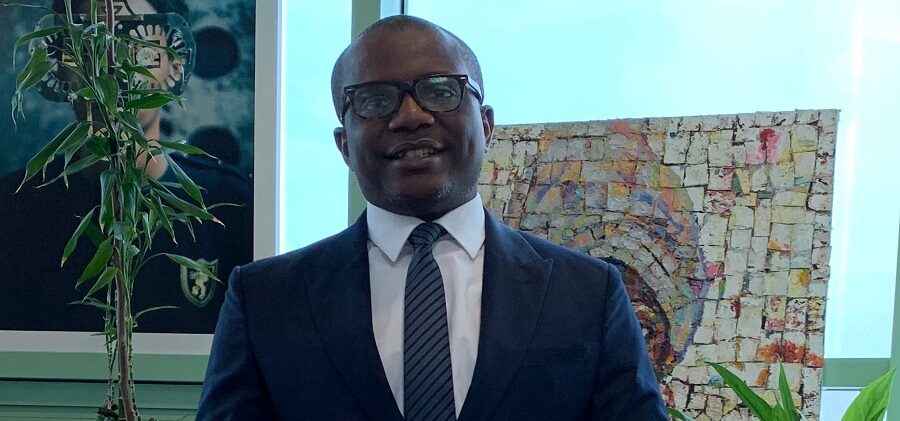
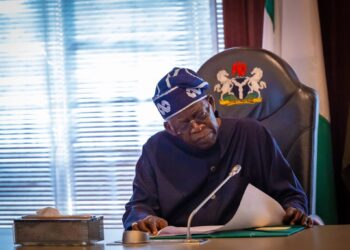


.gif)






